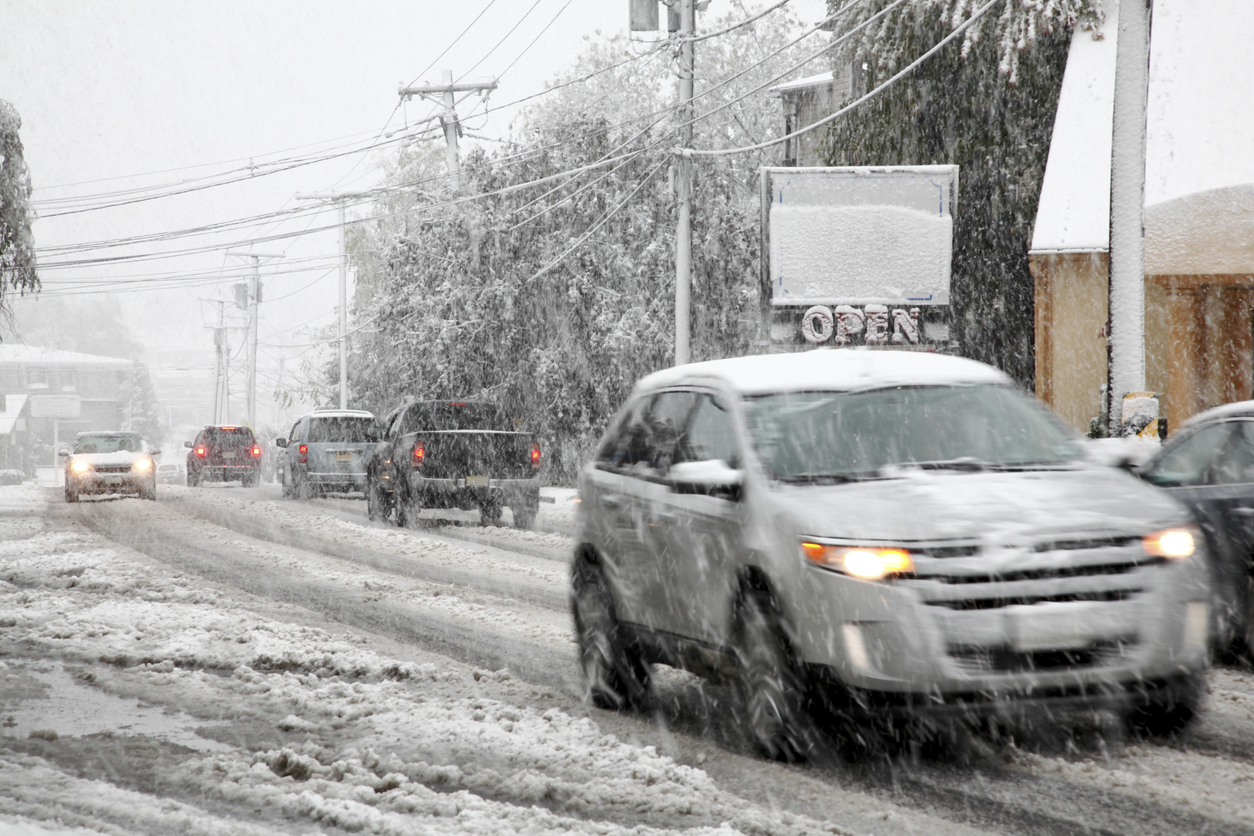Safe driving in bad weather is essential for every driver to master to prevent catastrophes and discontent. With the holiday season approaching, winter can be a fun time for many people. However, winter also brings snow and frost, which could significantly increase the chances of vehicular accidents. And while snowstorms are among the most common factors contributing to poor road conditions, many other weather-related issues could increase accident risk and cause severe injuries and death.
Most longtime drivers know the benefits of commercial insurance. When accidents do occur, they are invaluable for dealing with the financial and legal consequences of vehicle-related accidents.
But it isn’t enough to rely on insurance. Drivers should also adopt safe driving practices and take precautions to prevent accidents during bad weather and keep other cars safe.
Tips for Safe Driving in Bad Weather
Sometimes, it is impossible to avoid an accident, no matter the precautions you take. For instance, you can do nothing about heavy snowfall or a sudden downpour that occurs without warning. Even so, you may be able to avoid mishaps by practicing safe driving and taking the necessary precautions. Here are some driving tips to keep in mind when bad weather strikes:
Monitor the Snow in Your Vehicle
Remember to remove all ice and snow from your vehicle before driving, especially from the hood, windows, and roof. It’s the law in New Jersey! Motorists who fail to do so face fines of $25 to $75 for each offense, regardless of whether the ice and snow are dislodged from the vehicle.
Several states previously imposed fines if snow flying from vehicles caused damage or injury; New Jersey’s penalty is as much as $1,500 for commercial vehicles. Snow collects on anything even remotely horizontal — including the roofs of trailers pulled by professional truck drivers.
Clean Your Lights and Windows
Unpleasant weather often reduces visibility, so clear all debris and obstructions from your windows and lights to prevent a bad situation from worsening. Even if you’ve already given them a thorough wipe-down before leaving, check them periodically during your trip in case you need to clean them again.
Stay Within the Speed Limit
Highway patrols strictly enforce speed limits in many communities.
Driving over the speed limit dramatically increases the chances of being involved in an accident. But it is just as important not to drive too slow to prevent being rear-ended and causing multiple collisions.
Stay Alert
Some people may lose focus, drift off, and fall asleep when driving long distances. Make sure to get enough sleep before a long trip, and stay alert by playing music, engaging in light conversation, or cracking the window open. If you can’t keep your eyes open, find a place to stop and rest for a few hours.
Allow More Distance to Stop Safely
Snow and rain can make the roads slippery, so exercise more caution than you normally would. Cars typically take longer to stop on slippery surfaces. When driving in snowy or stormy weather, estimate the distance you would typically need to stop and multiply it by three.
Monitor Weather Conditions
It is always a good idea to check the weather forecast before heading out on the road, but it is imperative to do so during bad weather. Remember that environmental conditions can change quickly in many parts of the country, especially during winter. You should monitor alerts throughout your trip to prepare you for bad weather.
Ensure That Brakes and Tires Are in Optimum Condition
Always check your brakes and tire pressure before leaving. It is crucial before long drives or heading out in bad weather. Remember that tire pressure can change drastically during winter, so you must perform checks more often than usual.
Conclusion
Bad weather conditions are among the most common causes of driving-related mishaps, especially in the winter. The risk of being involved in a vehicular accident increases sharply when the weather takes a turn for the worst.
Although there is nothing you can do about freak weather occurrences and inclement conditions, you can increase your margin of safety by improving your driving practices and implementing certain precautions. Following the tips outlined above will hopefully reduce your risks on the road and keep you safe even in poor weather.
About RBC Insurance Associates
As an independent insurance agency, our clients’ interests come first at RBC Insurance Associates. Our goal is to provide a comprehensive, tailored insurance program that addresses your needs. We accomplish this by working with some of the finest insurance companies in the industry with the highest ratings. We will negotiate on your behalf to get the best policy terms and pricing for your program.
Here is just a sample of our leading insurance carriers.
Tags: Commercial Auto, Commercial Auto Insurance, RBC Insurance

